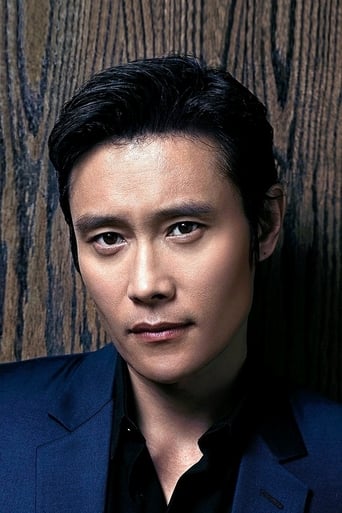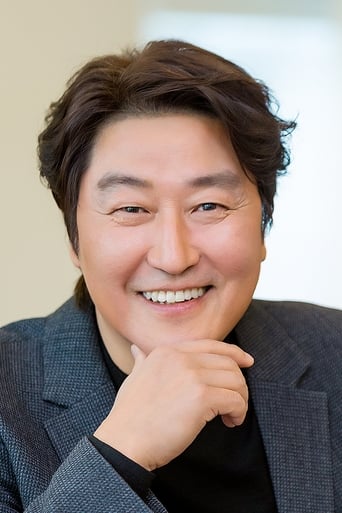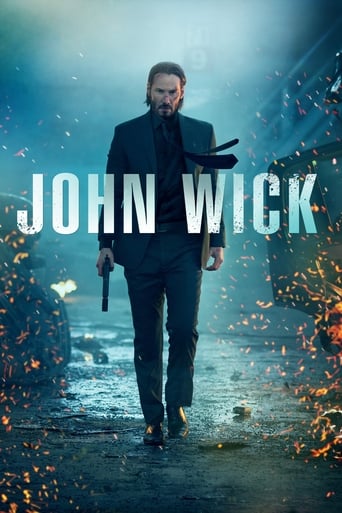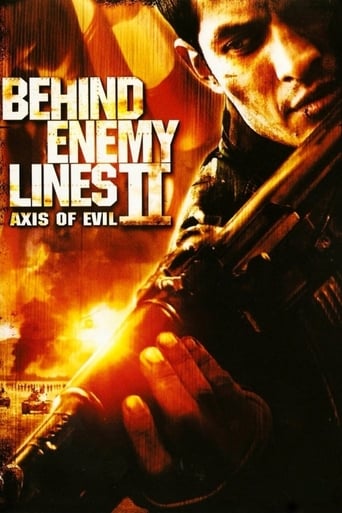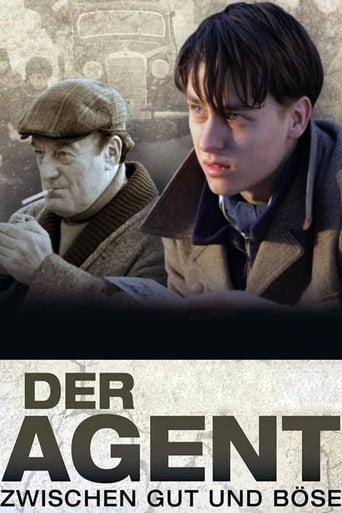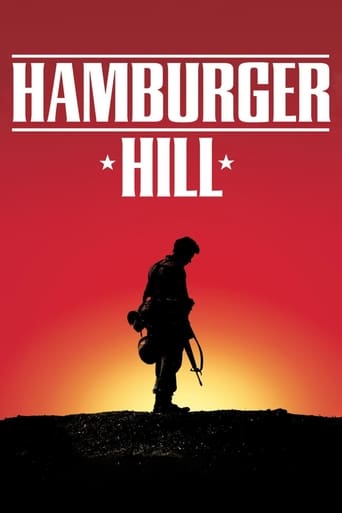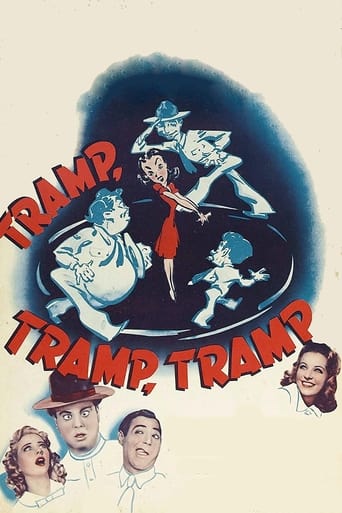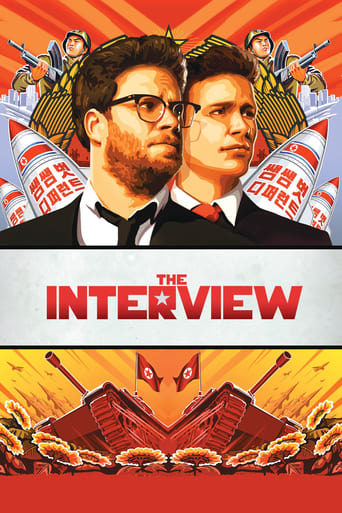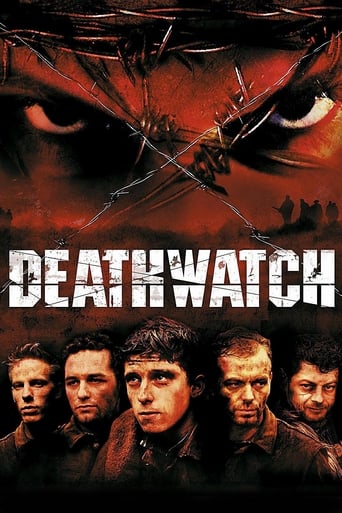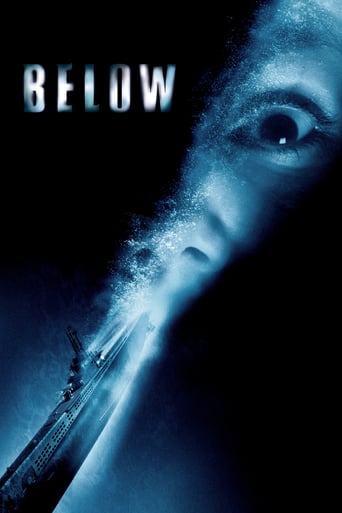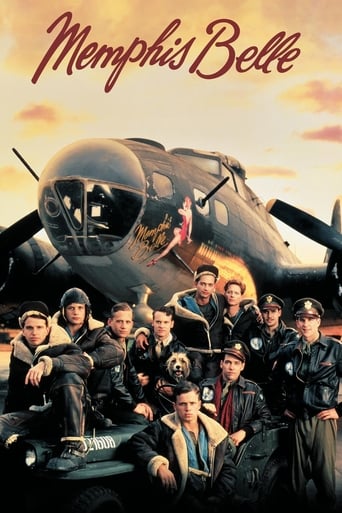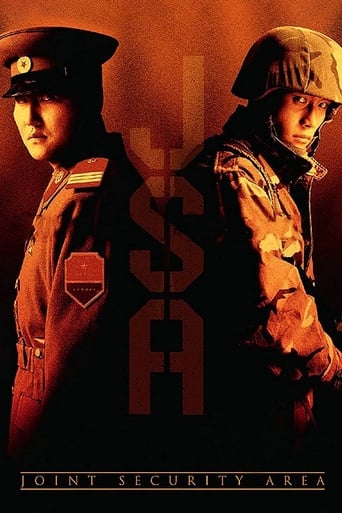
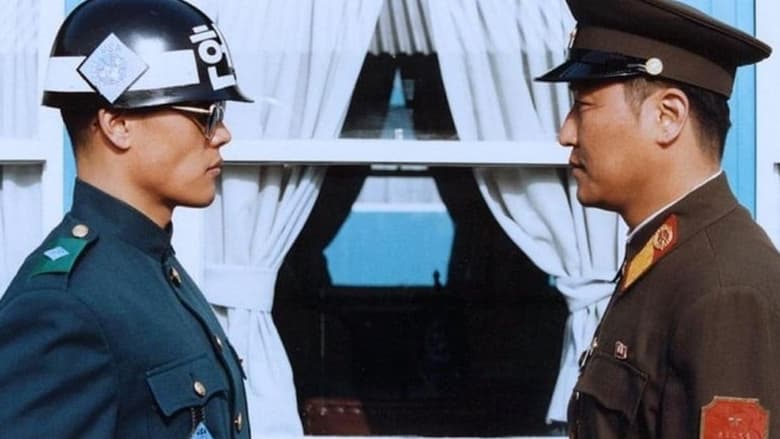
Joint Security Area (2000)
Two North Korean soldiers are killed in the border area between North and South Korea, prompting an investigation by a neutral body. The sergeant is the shooter, but the lead investigator, a Swiss-Korean woman, receives differing accounts from the two sides.
Watch Trailer
Cast


Similar titles
Reviews
Joint Security Area is director Park Chan-wook's debut feature film & what a sensational film to start a career with. The story concerns an incident that happens at a DMZ which separates North & South Korea. Two North Korean soldiers have been killed & one injured, supposedly by a South Korean soldier. However post-mortem reveals an inconsistency with the number of bullets found in the bodies along with contradicting statements from the survivors, thus indicating some sort of foul play. With both nations on verge of war, the neutral countries send an investigating officer to look into the matter but the truth is far too simple & much more tragic, which makes a statement of its own.Expertly directed by Park Chan-wook, who makes his mark with a promise of greater things to come, the film plays its mystery part extremely well & effortlessly manages to keep its audience's attention transfixed on the screen. Brilliantly written too, it may look like a war film but is actually far from it. Cinematography introduces Chan-wook's visual style that would be more magically explored in his later films. Editing presents a non-linear chronology by brilliantly fusing present events with flashbacks & unfolds the film with finesse. The music too makes its presence felt & the composition is just beautiful.Coming to the performances, this film starts two actors who would go on to become South Korea's most famous actors. Lee Byung-hun stars as the South Korean soldier convicted of killing the two North Korean officers while Song Kang-ho plays the surviving North Korean soldier & both deliver wonderful performances plus they surely benefited from the fully-fledged characters in the script. Lee Yeong-ae also chips in with a good performance as the neutral officer overseeing this fragile case.On an overall scale, Joint Security Area is a gripping, heart-felt & highly tale that's uncovers its mystery in a calculated manner & is one of Korean cinema's finest films. Elegantly portraying the futility of war & worthy of emotional investment that is greatly rewarded in the end, Park Chan-wook's directional debut is strongly recommended.
I don't even remember how it is that I staggered across this movie. One thing is for sure, I won't forget about it in a hurry. JSA is a remarkable story about an incident where two North Korean soldiers are killed in the DMZ, and the investigation that follows. What is discovered as a result highlights that tragedy that befell upon the Korean Peninsula over fifty years ago.Skillfully directed by Park Chan-wook, who would go on to direct the "Vengence Trilogy," JSA has a female lead (Lee Young Ae), who thankfully disappears into the background when the film shifts its focus to the events that lead up to the incident where the North Koreans are killed. Lee Byung-hun and Song Kang-ho are the key performers, playing soldiers on opposite sites, whom share an unlikely first encounter, which is followed by other encounters, before a friendship between the two is formed. Ultimately, four soldiers, two from each side, become friends in a highly unusual setting, as they guard the two respective sides of the "Bridge of No Return." When the friendship is predictably discovered by an NK officer, two soldiers are killed, bringing the film to it's eventual climax. Not wanting to endanger the life of his friend on the other side, the South Korean soldier in custody for the killings gives a fabricated version of events, as does the surviving soldier on the northern side. The final meeting between the two takes place in the conference room at JSA. With the truth seemingly uncovered by the UN investigators, a final tragic truth is revealed about the shootings, which in turn leads to a tragic finale. The final scene of the film, which is a flashback, is quite moving.Overall, in spite of some minor annoyances, ie the English speaking roles, this film is one not to be missed. Whilst the investigation is not exactly rocket science, the story itself is one of friendship under extraordinary circumstances, with a strong anti-war message behind it. Korea is a complicated issue, and what this film succeeds in doing is highlighting just how tragic the consequences are in relation to the unresolved issues on the Korean peninsula. The performances by the four central characters are outstanding, particularly Song Kang-ho as the seasoned North Korean sergeant.History is written by the victor. When there is no victor, there are two different versions of history. As a result, there are consequences, and regrettably, this leads to casualties. This film is about some of those casualties.
A noteworthy movie that keeps viewer's interest till the end, "Joint Security Area" is abstaining the glaring calumnies and propagandistic political innuendos against the DPR of Korea. And the movie sticks till the end on this "political sobriety" with the exception of some divergences. And just on account of the absence of a structured anticommunism, the movie gets quite convincing, while the development of the main characters and the script itself are remarkable.However, the film appears to suffer from historical imprecision and ideological disorientation, since: 1. The division of Korea with all the tragic consequences for the Korean people is somehow presented as result of the political struggle between capitalism and communism. But this is only the half "truth".The truth is that after the end of WWII, the allies (USA, Soviet Union and Britain) committed themselves that "the two zones of military responsibility (in Korea) should be unified as fast as possible in order to form a united and independent state. However, the intentions of the United States and the reactionary circles of Korea were different. Their objective was the socio-political control of the whole country, something that wasn't an easy task for them, since the Korean People's Movement was powerful, and so were the revolutionary forces themselves. Under these conditions, it was obvious that a unified Korean state could not satisfy the interests of the domestic reactionary circles and American imperialism. Thus, despite the international agreements and the will of the Korean people, in August 1948 they established a puppet regime in the southern part of the country with head Lee Seung-Man (Syngman Rhee) that was named "Republic of Korea". These developments compelled the progressive forces of the Korean people to respond with the founding of a proportionate type of formation in the north. One month later, in September 1948, Democratic People's Republic of Korea was founded."2. The viewer is emotionally loaded as the movie underlines the necessity of reunification, but it never puts the question: "what kind of reunification shall it be". And this constitutes a pitfall for the unsuspected viewer. What shall be the political direction of the resulting new state? Because any reunification process has to lead to a definite economic, social and political status. It cannot be neither apolitical, nor neutral, nor completely independent from any ideology. Today there is a lot of experience on the issue of "reunification", and an excellent example is the reunification of Germany and its consequences. What do the Germans who were living in the Socialist East Germany, the German Democratic Republic (DDR), what do they say today about the capitalistic reunification of the two Germanies that took place on 1990? What happened afterwards? What is happening the last years to the social and labour rights of the workers of the former DDR and West Germany? The answer is given in a relatively recent poll of the German political magazine "Der Spiegel". (Majority of Eastern Germans Feel Life Better under Communism).Consequently, it is undoubtedly sure that a reunification in a capitalistic social-economic direction will lead, on one hand to the constant deterioration of workers' life in North and South Korea, and on the other hand on the rise of the profitability and the possibilities of exploitation for the south Korean and foreign bourgeoisie. That's why it is not adequate to talk about reunification without determining the political direction of the reunification. Concluding, the struggle for reunification of the Korean Working people of South and North is inevitably coincided with their common anti-imperialist struggle and the struggle for a Socialist Korea.3. The movie is covering up the huge and dominating military presence of the USA in the DMZ, obscuring the "bonds of blood" between the South Korean bourgeoisie and American imperialism.
Chan-wook Park's most politically-charged film tackles the very volatile tension that exists between the North and South Koreans. This could have easily been propagandistic in nature, with this South Korean film portraying the Northerners as mere caricatures of Communistic ideals, but instead the film happily sidesteps this and portrays both the North Koreans and South Koreans as kinsmen.In the beginning of the picture, both sides have a skewed view of one another, seeing each through the lens of their political temperament - the border between the two thus is interpreted as a wall that filters and jades each one's perspective. However, once that that wall is finally crossed, the two sides realize that no wall really exists, and they begin to see each other as human beings - The soldiers first call one another "enemies", but soon they are calling one another "brothers".The characters are richly drawn and dynamic to reflect this - each are humans, with their own unique demeanor, and that their national identity is nothing more than a facade. While the soldiers are alone, away from their government infrastructures, both sides cling to one another in fellowship as they find themselves all the same. Only when the absent governmental element is reintroduced are the soldiers forced to revert back behind their facades, and tragedy results.A powerfully moving and keenly intelligent analysis of the confusing political situation between the two opposing governmental systems. Despite being slightly marred by a few lapses into melodrama and overstatement, that can not take away from its piercing effectiveness.The highest recommendation possible.



